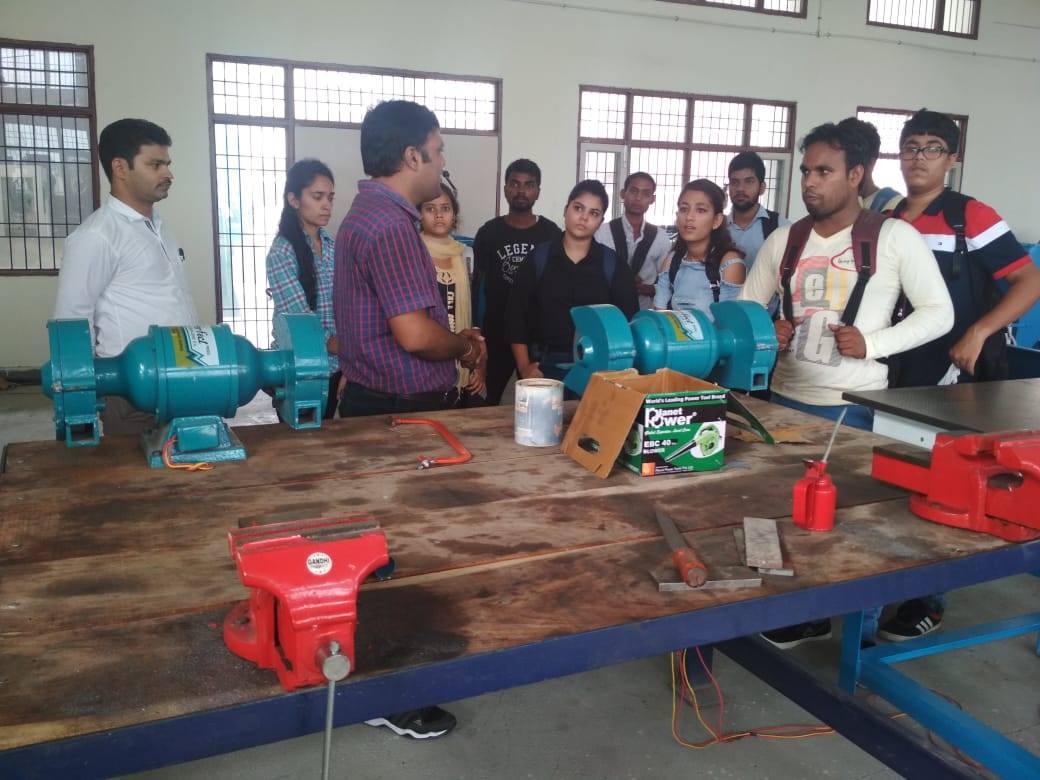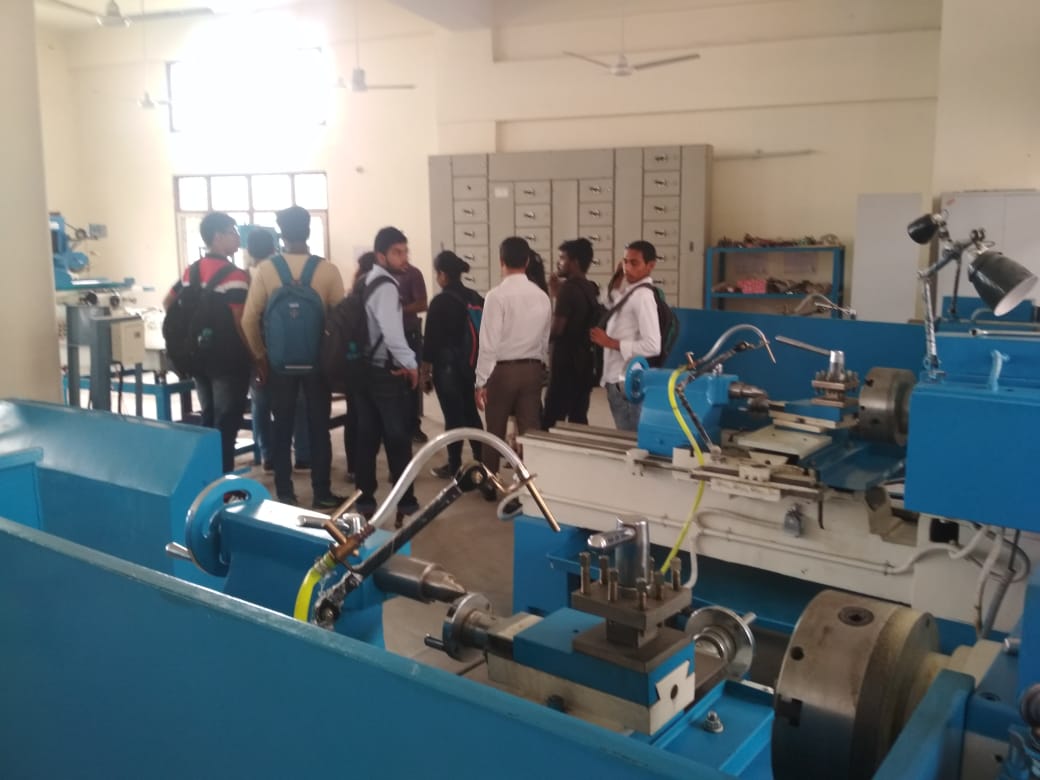

About B. Voc Electrical
A Bachelor of Vocation (B. Voc.) in Electrical is a vocational undergraduate degree program that focuses on providing practical skills and knowledge in the field of electrical engineering. This program is designed to equip students with the necessary skills and competencies required for various roles in the electrical industry. This program is an outcome of industry and student demand. Only Degree program in Electrical with more than 60% Practical to make you more employable and outshine your career. This program is designed to introduce the students to the operation of today’s complex electricity and power nature by giving them a comprehensive understanding from basic to advanced, of various electrical technologies like power generation, transmission and distribution, electrical wiring, electrical machine, measuring instruments, electrical & electronics, etc. Students under this program will acquire the necessary skills to Construct, Install, maintain, and process electrical systems. Vocational training programs have been created with the aim of imparting industry-specific skills in students. These programs are crafted in such a way that the students acquire skills, which will lead them to employment in the respective sector.
Course Objectives
- Technical Proficiency: To impart in-depth theoretical and practical understanding of electrical engineering principles, including circuit analysis, electrical machines, power systems, and renewable energy technologies.
- Hands-On Experience: To provide extensive laboratory and workshop experience, enabling students to develop practical skills in electrical installation, maintenance, and troubleshooting of electrical systems and equipment.
- Industry Readiness: To align the curriculum with current industry standards and practices, ensuring students are well-prepared for immediate employment in various sectors such as power generation, transmission, distribution, manufacturing, and automation.
- Problem-Solving Skills: To foster critical thinking and problem-solving abilities, encouraging students to design innovative solutions for complex electrical engineering challenges.
- Safety and Standards: To educate students on the importance of electrical safety, codes, and standards, ensuring they can work effectively and safely in professional environments.
- Professional Development: To enhance soft skills such as communication, teamwork, and project management, preparing students for leadership roles and effective collaboration in multidisciplinary teams.
- Lifelong Learning: To cultivate a mindset of continuous learning and professional development, encouraging graduates to stay updated with emerging technologies and advancements in the electrical field.
Career Opportunities
A Bachelor of Vocation (B.Voc.) in Electrical offers a blend of theoretical knowledge and practical skills tailored to meet industry needs. This degree prepares graduates for a variety of career opportunities in the electrical and electronics sector. Here are some of the potential career paths and job roles for B.Voc. graduates in Electrical:
- Electrical Technician: Involves designing, developing, testing, and supervising the manufacturing and installation of electrical equipment, systems, and components.
- Maintenance Engineer: Responsible for the maintenance and repair of electrical equipment and systems to ensure their efficient operation.
- Electrician: Installation, maintenance, and repair of electrical wiring, systems, and fixtures in buildings.
- Quality Control Engineer: Role: Ensures that products and systems meet quality standards and specifications through testing and inspection.
- Sales Engineer: Combining technical knowledge with sales skills to provide advice and support on a range of products, for which a certain level of expertise is needed.
- Technical Instructor/Trainer: Teaching and training students or employees in technical and vocational schools, community colleges, or corporate training centers.
- Entrepreneur: Starting and running your own business in areas such as electrical contracting, consulting, or manufacturing of electrical components.
Electrical Laboratory
The B. Voc. in Electrical program is supported by a comprehensive range of laboratory facilities and equipment designed to provide students with practical, hands-on experience. These facilities include:
- A variety of electrical tools essential for performing basic to advanced electrical tasks, such as multimeters, insulation testers, and circuit analyzers.
- Specialized boards that allow students to practice and understand the principles of series and parallel circuit configurations.
- Equipment for simulating and practicing house wiring techniques, providing hands-on experience in residential electrical installations.
- The lab is equipped with a range of electrical machines to demonstrate and test various types of motors and generators.
- The lab includes advanced kits for automation technologies, featuring Equipment for learning about programmable logic controllers, supervisory control and data acquisition systems, and human-machine interfaces.
- Adequate power backup solutions such as UPS systems to ensure uninterrupted operation during power outages.
- Comfortable seating arrangements and ergonomic workstations to promote a conducive learning environment.
These facilities ensure that students in the B. Voc. in Electrical program gain practical skills and knowledge, making them well-prepared for careers in the electrical industry.
Course Coordinator Details (For Admission related queries)
| Name | Contact Number | Email ID |
| Ms. Rupali Sinha | +91-9318364218 | rupalisinha@jcboseust.ac.in |
